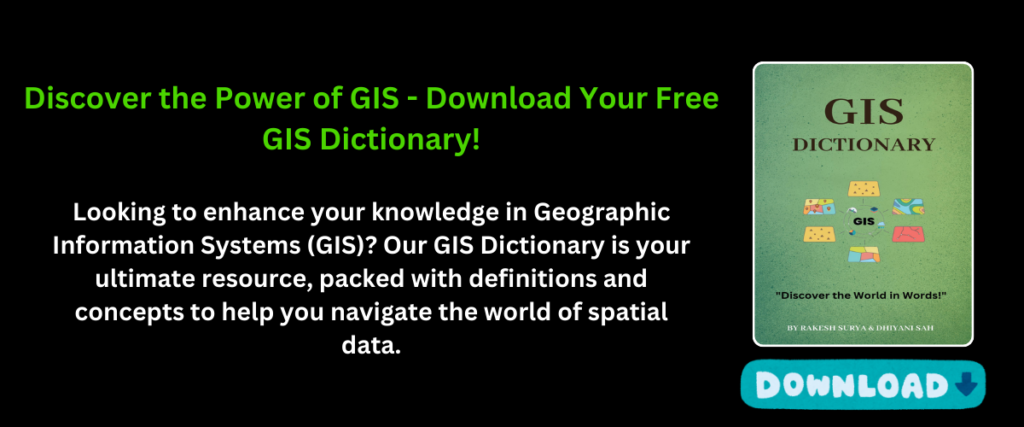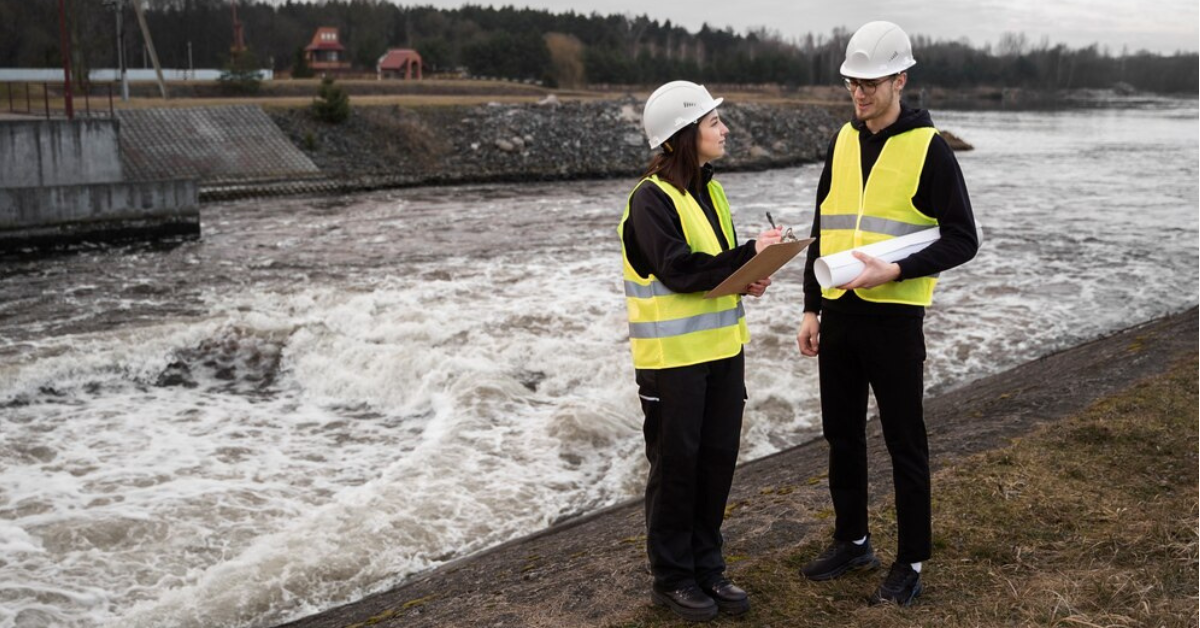A hydrologist plays a vital role in studying water resources, ensuring sustainable water management, and addressing environmental challenges. If you’re preparing for a hydrologist interview, showcasing your technical expertise, problem-solving skills, and understanding of water systems is crucial. This guide presents the top 15 hydrologist interview questions and answers to help you prepare confidently.
15 Hydrologist Interview Questions and Answers
1. What inspired you to pursue a career as a hydrologist?
This question gauges your passion and motivation for the field.
Answer:
I have always been fascinated by the dynamics of water systems and their impact on ecosystems and human life. My desire to contribute to sustainable water management and address water-related challenges motivated me to pursue this career.
2. Can you explain the hydrologic cycle and its importance?
This fundamental question tests your foundational knowledge.
Answer:
The hydrologic cycle describes the continuous movement of water through evaporation, condensation, precipitation, infiltration, and runoff. It’s essential for maintaining life, regulating climate, and replenishing water resources.
Read Also: Top 15 Environmental Consultant Interview Questions and Answers
3. What tools or software do you use for hydrological analysis?
Highlight your technical proficiency.
Answer:
I use tools like HEC-RAS for river analysis, SWAT for watershed modeling, and ArcGIS for spatial data analysis. These tools help assess water flow, predict floods, and evaluate water resource sustainability.
4. How do you conduct groundwater modeling?
This technical question assesses your expertise.
Answer:
Groundwater modeling involves collecting data on aquifer properties, recharge rates, and water use. I use software like MODFLOW to simulate groundwater flow and predict impacts of water extraction or contamination.
Read Also: Top 15 Urban Planner Interview Questions and Answers
5. What methods do you use to assess water quality?
Demonstrate your knowledge of water quality testing.
Answer:
I collect samples and analyze parameters like pH, dissolved oxygen, turbidity, and pollutant levels using tools like spectrophotometers. These methods ensure compliance with water quality standards.

6. Can you describe a challenging hydrology project you worked on?
Employers are looking for problem-solving skills.
Answer:
In a flood management project, unexpected weather changes caused data discrepancies. I updated models with real-time data, collaborated with meteorologists, and revised flood mitigation plans, successfully minimizing risks.
Read Also: Top 15 GIS Specialist Interview Questions and Answers
7. How do you predict and manage flood risks?
This question evaluates your ability to handle critical water-related challenges.
Answer:
I use hydrological models, historical data, and real-time monitoring to predict floods. By integrating GIS for spatial analysis and working with local authorities, I design effective flood mitigation strategies.
8. How do you stay updated on the latest trends in hydrology?
Show your commitment to professional growth.
Answer:
I attend hydrology conferences, read journals like Water Resources Research, and participate in workshops. Staying connected with professional organizations like the American Geophysical Union also helps me remain informed.
Read Also: Top 17 Geodetic Engineer Interview Questions and Answers
9. What’s your experience with watershed management?
Share examples of your work in watershed planning.
Answer:
I worked on a watershed restoration project where I assessed erosion, land use, and water flow patterns. By implementing soil conservation techniques and reforestation, we improved water retention and reduced sedimentation.
10. How do you communicate technical findings to non-technical stakeholders?
Communication is critical for effective collaboration.
Answer:
I simplify complex data using visuals like charts and maps. By focusing on key insights and practical implications, I ensure stakeholders understand the findings and their relevance.
Read Also: Top 22 Remote Sensing Analyst Interview Questions and Answers
11. What is the importance of sustainable water resource management?
Employers seek your understanding of sustainability.
Answer:
Sustainable water management ensures that current water needs are met without compromising future availability. It addresses issues like over-extraction, pollution, and climate change impacts on water systems.
12. How do you handle conflicts in water resource allocation?
This question tests your negotiation and problem-solving skills.
Answer:
I rely on data-driven insights and stakeholder engagement to find equitable solutions. By presenting the long-term benefits of fair allocation, I encourage collaborative decision-making.
Read Also: Top 15 Land Surveyor Interview Questions and Answers
13. What techniques do you use for erosion control?
Showcase your knowledge of environmental management.
Answer:
I use techniques like planting vegetation, terracing, and constructing check dams. These methods reduce soil erosion, improve water retention, and protect water quality.
14. How do you evaluate the impact of climate change on water resources?
Highlight your ability to address contemporary challenges.
Answer:
I analyze precipitation and temperature trends using climate models and assess their effects on water availability, flood risks, and droughts. This helps in designing adaptive water management strategies.
Read Also: 16 Geomatics Engineering Jobs in the United States
15. Where do you see the future of hydrology?
Employers are interested in your perspective on industry trends.
Answer:
The future of hydrology lies in leveraging technology like AI for predictive modeling, using IoT for real-time water monitoring, and focusing on integrated water resource management to address global water challenges.
Conclusion
Preparing for these top hydrologist interview questions and answers will help you stand out as a knowledgeable and confident candidate. Focus on blending technical expertise with real-world examples to showcase your capabilities.
FAQs
Q1: What qualifications are required to become a hydrologist?
A bachelor’s degree in hydrology, environmental science, or a related field is typically required, with advanced degrees preferred for research roles.
Q2: What industries hire hydrologists?
Hydrologists are employed in industries such as environmental consulting, government agencies, academia, and private water management firms.
Q3: How much does a hydrologist earn?
Salaries vary based on location and experience, with average annual earnings ranging between $60,000 and $100,000.

2 thoughts on “Top 15 Hydrologist Interview Questions and Answers”